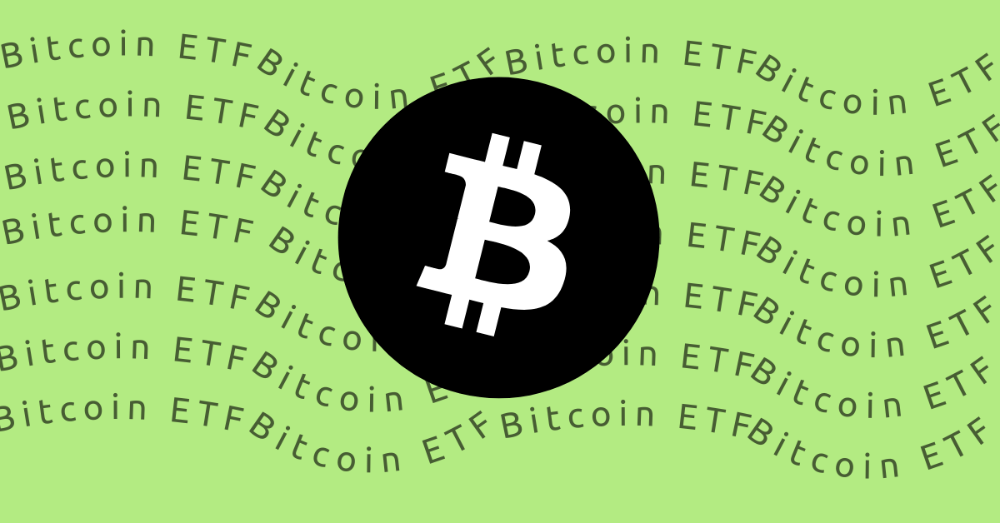According to Luuk Strijers, chief commercial officer of prominent cryptocurrency options exchange Deribit, traders are looking for insurance against a possible decline in the price of bitcoin (BTC).
“Puts are overbought and calls are being sold, indicating the market is seeking protection from potential price declines,” Strijers said in an interview.
Buyers can protect themselves against or profit from an asset’s price drop by purchasing put options. Profiting on price rallies is possible for buyers of call options. Every one BTC is represented by one options contract on Deribit.
According to data monitored by Amberdata, the one-month BTC call-put skew has turned negative during the last 24 hours, plunging to a low of -2.69% for the first time since October 13. Indicating fresh demand to protect against bitcoin weakness, the one-week, two-, and three-month skews have also turned negative. Skew quantifies the variation in call and put demand. After the much-awaited SEC approval of spot bitcoin ETFs later on Wednesday, traders may be expecting bitcoin to fall in a traditional “sell the fact” maneuver. There may be concerns among some regarding a possible hold-up in approvals.
Since early October, the cryptocurrency has increased in value by more than 60%, mostly due to speculation that the U.S. Securities and Exchange Commission (SEC) may approve one or more spot ETFs in the first half of 2024. An old Wall Street saying that goes, “Buy the rumor, sell the fact,” refers to the tendency of traders to purchase an item in anticipation of good news and then sell it after the news is verified.
It is generally anticipated that the so-called spot ETFs, which invest in bitcoin rather than its futures, will open the door for widespread adoption and increase the value of the cryptocurrency.
“We look for $50 billion-$100 billion of inflows into bitcoin ETFs in 2024, opening up the potential for BTC to reach the $200,000 level by the end of 2025,” Standard Chartered said in a note to clients on January 8.
Since Monday, Deribit’s forward-looking bitcoin volatility index (BTC DVOL), which uses options data to determine the annualized 30-day implied volatility of bitcoin or expectations for price volatility over the next four weeks, has dropped ten points, from 73% to 63%.
The DVOL, according to Strijers, is being driven by traders selling calls and call spreads in contracts with a January expiry. The seven-day gauge and other short-term implied volatility measurements are still above 100 or 50 points above the DVOL, indicating expectations for price volatility in the immediate wake of the SEC ruling.
Crypto
As the ETF deadline approaches, Bitcoin traders seek protection from price declines: Deribit
- by Blockchain Africa
- January 10, 2024
- 0 Comments
- 74 Views


